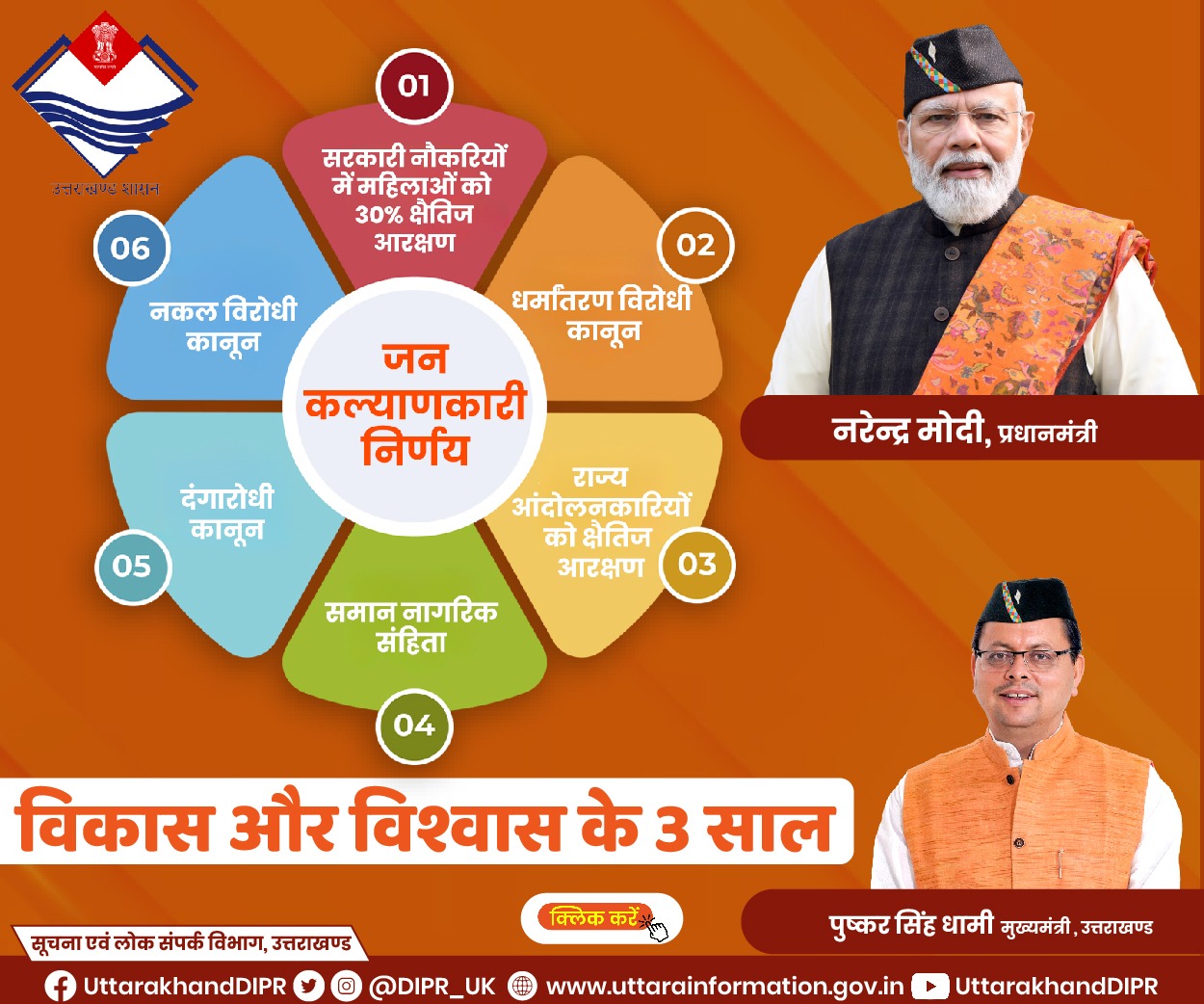Delhi: The Supreme Court of India refused to hear a case on Monday that sought to grant Muslim women similar rights sequentially. The court reasoned that the issue belonged in the legislative branch and that different religious groups have different personal laws. The Muslim Personal Law (Shariat) Application Act, 1937, which requires Muslims in India to be regulated by Shariat law in regards to intestate succession, marriage, divorce, maintenance, and other related things, was challenged in the case.
Arguments Made in the Appeal
A Muslim woman filed the plea, arguing that the Hindu Succession Act, 1956 gives Hindu women an equal share with their male counterparts in inheritance, while the Muslim Personal Law (Shariat) Application Act, 1937 discriminates against Muslim women by giving them only 12.5% of their late husband’s estate under Shariat law. The petitioner contended that the Indian Constitution’s fundamental right to equality is violated by the provisions of the Shariat legislation, and that all people, regardless of faith, should have equal rights in succession.
The Supreme Court’s Reaction
While acknowledging the petitioner’s concerns, a bench made up of Justices Sanjay Kishan Kaul and Sudhanshu Dhulia stressed that personal laws differ among various religious sects. They declared that the legislature has jurisdiction over the petitioner’s request for a uniform succession law and that the court is not allowed to intrude on that territory. The petitioner’s argument, according to the bench, basically aimed to change the Shariat law, which is the responsibility of legislators.
Consequences of the Supreme Court’s ruling
The ruling of the Supreme Court maintains the current Indian personal law system, which subjects succession and inheritance issues to the local religious rules of various communities. The court acknowledged the petitioner’s complaints, but it insisted that the government should be in charge of changing or harmonizing personal laws. This ruling may have a significant impact on the current discussion over gender equality and the revision of India’s personal laws.
Examining the Difficulties of Gender Equality and Personal Laws
For many years, there has been a heated debate in India regarding gender equality and personal legislation. Reformers contend that gender inequality is perpetuated and that personal laws, especially those pertaining to succession and inheritance, frequently discriminate against women. They support a single civil code that would grant all citizens the same rights, irrespective of their faith.
Reform opponents, however, stress how crucial it is to honor India’s plurality of cultures and religions. They contend that enforcing a standard code would threaten the autonomy and identity of different groups because personal laws are intricately entwined with the customs and beliefs of diverse communities.
Finding My Way Forward
The Supreme Court’s ruling highlights how complicated the relationship between gender equality and personal legislation is. The court recognized the petitioner’s allegations of discrimination, but it highlighted the fine line that exists between religious liberty and individual rights by referring the case to the legislature. Promoting a positive discourse between reformers and those who support maintaining cultural and religious diversity is the way forward.
The Supreme Court’s ruling on the succession dispute highlights how complex India’s personal laws and gender equality are. The court noted the petitioner’s concerns, but it also agreed that personal law reform was a legislative area. The continuous discussion emphasizes the necessity for a reasonable strategy that upholds people’s rights and protects India’s diversity of cultures and religions. In order to navigate this complicated topic and find a way forward that promotes gender equality while respecting the various fabric of Indian culture, productive communication between reformers and proponents of maintaining cultural and religious autonomy is imperative.



